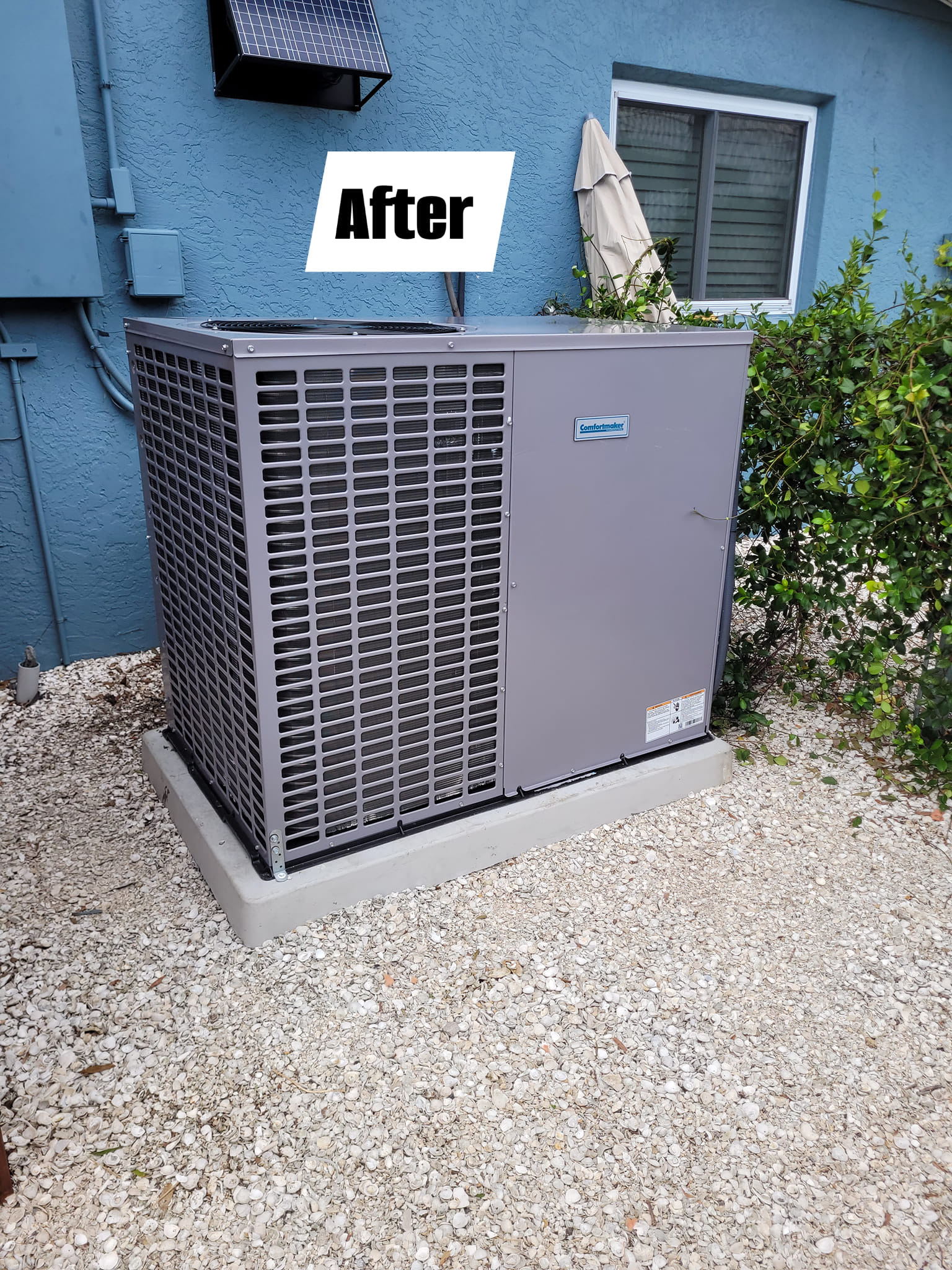
The Future of HVAC Technology: Innovations to Watch Oct 06, 2025
One of the most exciting advancements in HVAC systems is the integration of smart technology. Smart thermostats have already made a significant impact, allowing users to control their home’s heating and cooling remotely via smartphones. These devices learn users' habits and automatically adjust temperatures for optimal comfort and efficiency. The next generation of smart HVAC solutions promises even greater connectivity, integrating with other smart home devices to create a seamless climate control experience.
Energy efficiency is a key focus in the development of new HVAC systems. Variable Refrigerant Flow (VRF) systems are among the latest innovations in this area. VRF technology allows for precise temperature control by varying the flow of refrigerant to individual zones of a building, which can significantly reduce energy consumption. This type of system is particularly beneficial for commercial properties that require customized climate solutions throughout different areas.
In our quest for sustainability, renewable energy sources are being increasingly adopted in HVAC systems. Geothermal heating and cooling are gaining traction as a highly efficient and environmentally friendly alternative. These systems utilize the stable temperatures underground to regulate building temperatures, drastically reducing the need for conventional heating and cooling methods. While the initial installation cost is higher, the long-term savings on energy bills and reduced carbon footprint make geothermal systems an attractive option.
Air quality has become a top priority, especially in urban areas where pollution is a concern. Advanced air filtration systems are being developed to eliminate pollutants and allergens, providing cleaner, healthier indoor air. Technologies such as ultraviolet light air purifiers and electrostatic filters can capture microscopic particles that traditional filters might miss. These systems not only improve air quality but can also enhance the overall efficiency of HVAC systems by keeping them cleaner and functioning optimally.
Another noteworthy innovation on the horizon is the use of advanced materials and designs to enhance HVAC components. For instance, the adoption of magnetocaloric materials, which change temperature when exposed to magnetic fields, could revolutionize cooling technologies. These materials offer a non-toxic, low-energy alternative to traditional refrigerants, aligning with global efforts to reduce the environmental impact of HVAC systems.
As these technologies become more mainstream, the HVAC industry is also seeing an increased focus on customization. Personalized climate control options allow users to create microclimates according to their preferences. This level of personalization not only enhances comfort but also promotes energy savings by eliminating the need to heat or cool unoccupied areas extensively.
At EPS Heating and Cooling LLC, we are committed to bringing these advancements to your home or business, ensuring that you benefit from the most efficient and innovative HVAC solutions available. Understanding these technologies and how they can be integrated into your current systems is the first step toward a more comfortable and sustainable future.
In conclusion, the future of HVAC technology is filled with exciting possibilities. From smarter integration and increased energy efficiency to sustainable solutions and advanced air quality management, the industry is poised for significant advancements that will benefit users and the environment alike. Staying informed about these trends can help you make better decisions about your HVAC needs and keep your systems running smoothly for years to come. We invite you to contact EPS Heating and Cooling LLC for more information on how you can take advantage of the future of HVAC technology today.
/filters:no_upscale()/filters:format(webp)/media/0bb9ac87-b59f-4fad-abfa-a192be83fd2e.jpeg)
/filters:no_upscale()/filters:format(webp)/media/f8c91087-0b40-494d-9dcc-ba7f5f752cb2.jpeg)